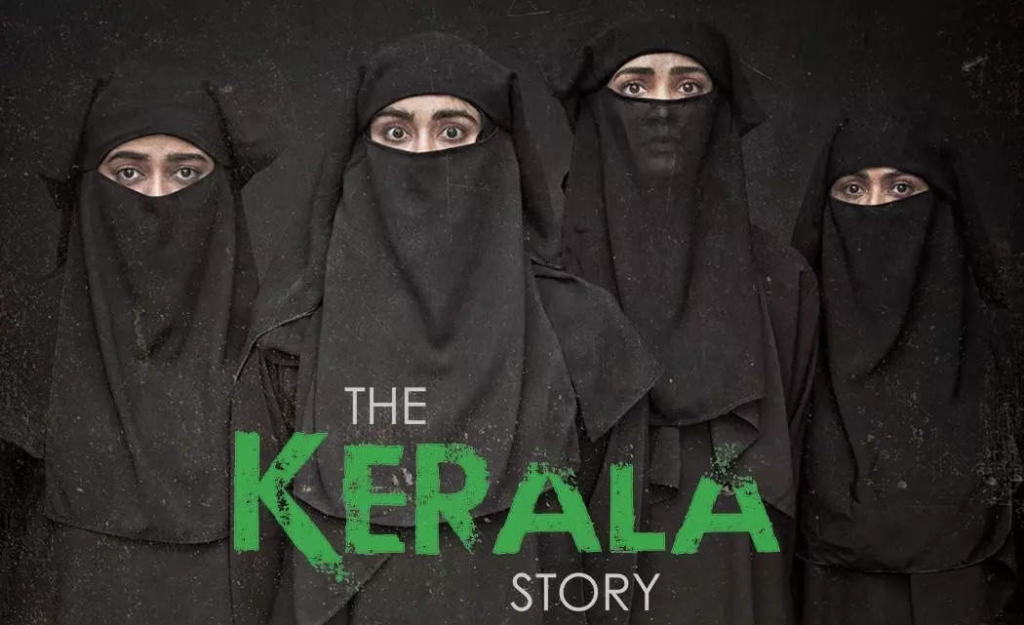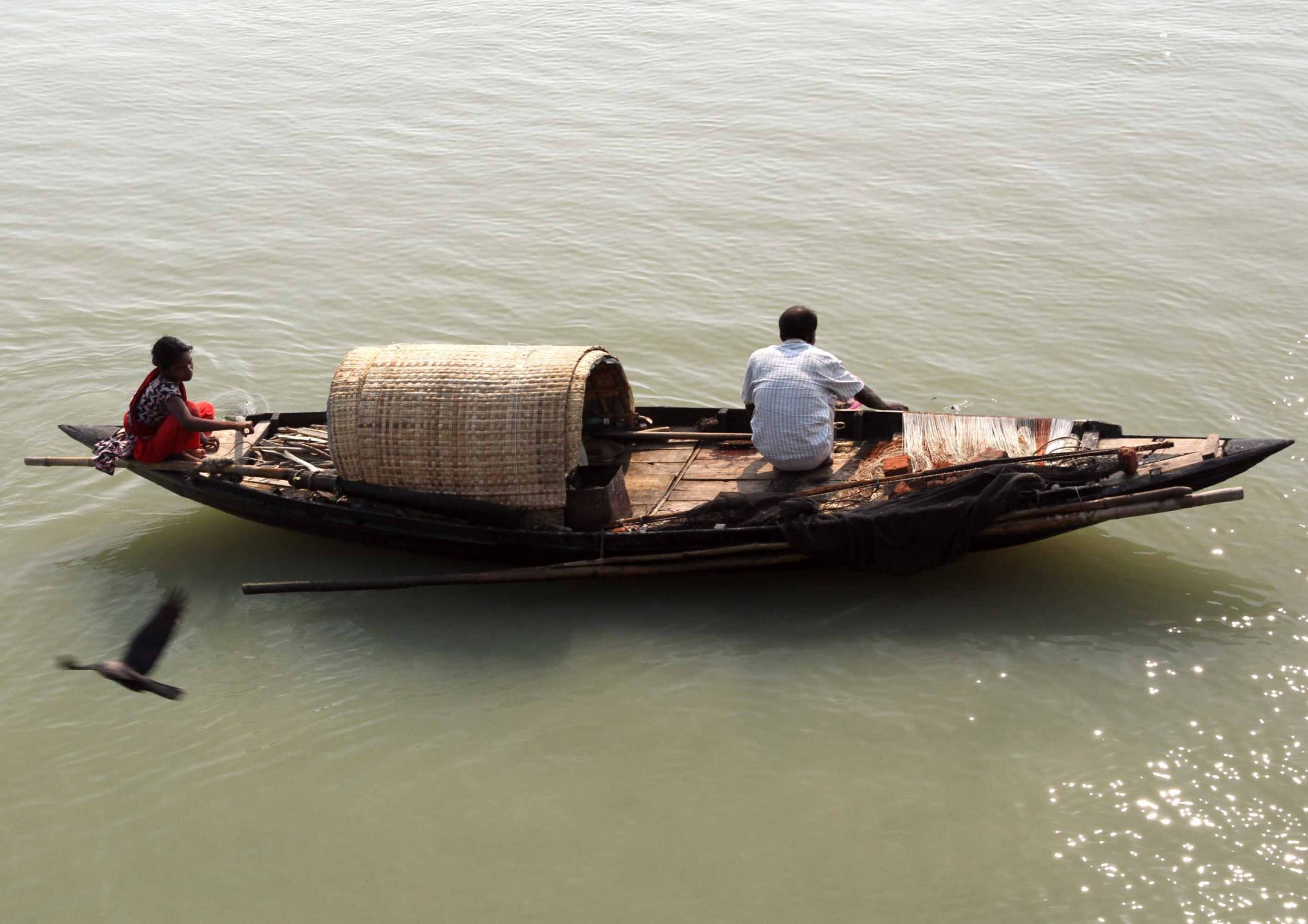
Why it is imperative to engage in the debate!
By M Ahmedullah, 30 April 2023
We should all engage with the film and the debates, which will continue long after the film is released.
I have seen parts of the trailer of the movie to be released soon, listened to some reviewers’ perspectives on the theme covered and read many public comments on the topic. Below is a small part of a large public conversation on Love Jihad stimulated by the trailer’s release as an example of debates.
(AV – “Waiting eagerly to watch the movie and highly appreciate makers of movies to show the real facts happening in Kerala.”
VS to AV – “are you living in Kerala to say that what is shown in the movie is the real happenings in Kerala?”
AV- “beef eaters will never accept and understand the reality.
And always stand and defend terrorism.”
MB -” Even Hindus in Kerala eat beef.”
NP – ”in kerala all viswakarmaas are nonveg.”
NP – “… India is no one’s father’s property, Ok mr … we eat whatever we like and kindly reminding you that this is none of your business. If you would like to eat cow dunk just eat, who is gona stop you? As simple as that. Just don’t interfere with your sanghi mind!!”)
This small portion of a larger conversation shows that it is simply not about Hindu/Muslim issues and conflicts. However, the film, as far as I can judge, through carefully calculated narratives and projection of emotions, will cause the widening of the existing Hindu/Muslim divide in India and among the Indian subcontinent Diaspora.
The truth is that it was not only India, or particularly Kerala, from where young minds – some converted to Islam from different religions – were lured by ISIS to go to Iraq and Syria and engage in incredible savagery. Perhaps some of them also ended up in Afghanistan. ISIS recruited young people from many countries in Asia, Africa, Europe and America – some of them were converts. Wikipedia has an extensive list of what they call ‘Brides of the Islamic State’ (https://en.wikipedia.org/wiki/Brides_of_the_Islamic_State).
Although some of them were converted from Christianity, most were from Muslim families. ISIS recruited these young females through their propaganda of living in an exciting Khalifate, and some impressionable young people got moved by their appeal. This shows that ISIS not only robbed non-Muslim young females, particularly Hindu girls, through ‘Love Jihad’, and their families and communities of precious souls and caused their nightmare. Most victims of ISIS were young Muslim females and their families and communities across the globe. In the UK, the most famous among those that went to the ISIS Khalifate was Shamima Begum, and she was from a Muslim family.
It is evident that the concept of ‘Love Jihad’ is precious to the Hindu nationalist cause, and they will milk it as much as possible, and this movie is an example of the continuous milking. However, I think there is a severe deep-down problem in Indian history and the psyche of a large number of Indians, perhaps the majority of the people, emanating from what has been described as the Muslim invasion of India and the Muslim rule of India and the associated narratives. Hiding and keeping them under the carpet is not an option, as many, if not all, pent-up feelings find their way and burst open soon or later and express themselves in many different ways. In the case of India, the BJP, RSS and their supporters, well-wishers and admirers are spearheading the momentum created by their bursting out moment, starting with the destruction of the Babri Masjid in 1992. The Muslims of India and the Indian subcontinent Diaspora feel the brunt of the negativity of the Hindu nationalists’ hate and emotion, which is likely to continue and intensify for many years to come.
Although this situation may seem a very fertile one for the Hindu nationalists, and they will use their resources, IT knowledge and positions around the world to promote hate and discrimination against Muslims, it also provides a real opportunity for us to engage with Hindu nationalist narratives, arguments, theories, explanations, sense of moral right and wrong, etc. and take them on. Although it will take time to force them to lose their energy – when things take deep roots, unrooting and uprooting and untangling their roots usually take time and can be difficult – as I believe most of the ground on which Hindu nationalists base their emotions, hate, morality and discriminatory policies against Muslims are not solid and has seeds of its destruction, downfall, energy loss or internal conflicts, they can be effectively challenged.
However, some perspectives of the Hindu nationalists are based on genuine issues and concerns, although combined with dangerous elements generated by certain ideological narratives. As such, the aim of the battle against the Hindu nationalist hate against Muslims should not have to be a total victory – which is an impossibility – but to achieve some dynamic middle ground outcomes based on re-writing social and historical narratives of the Indian subcontinent that explores the history-in-question more objectively and from multiple perspectives.
Active engagement with the Hindu nationalist narratives and a deeper study of Indian history will benefit Muslims of the Indian subcontinent as they will help combat the othering and delegitimising of a third of the 1.8 billion people of the Indian subcontinent.
